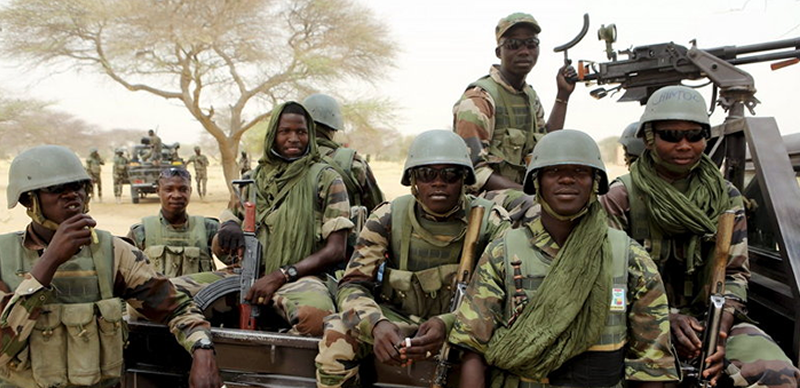By Evans Ufeli Esq
The controversy between renowned musician, Kwam1 and Valuejet have raised serious legal and ethical questions regarding the conduct of individuals at aerodromes. The altercation, which reportedly involved obstructive behavior towards an aircraft, constitutes a direct violation of Section 459 of the Criminal Code Act in Nigeria. This section specifically addresses the criminal offense of obstructing aircraft, highlighting the necessity of adhering to regulations governing aviation safety and security.
Though the incident took place in the north central I shall use the Criminal Code for the purposes of this post. The Criminal Code Act, under Section 459, states that any person who unlawfully obstructs or impedes the movement of an aircraft in motion or in flight over an aerodrome is guilty of a misdemeanor, with penalties that can result in up to two years of imprisonment. This provision is not only a legal directive but also serves as a critical component of ensuring safety in air travel, which is paramount in a world where air traffic is perennial and essential for both commerce and personal mobility.
The aforementioned provision of the Criminal Code Act is hereby reproduced as follows:
“Any person who, by any unlawful act, obstructs, causes an alteration to be made in the course of, or in any way whatsoever hinders or impedes the movement of any aircraft, which is in motion on or in flight over any aerodrome, is guilty of a misdemeanor and is liable to imprisonment for two years.”
The context of this provision encapsulates a range of actions that can disrupt the safe and efficient operation of aircraft. Such acts, whether carried out in a moment of passion or otherwise, can have far-reaching consequences that extend beyond the immediate legal implications. They can jeopardize the privacy and safety of passengers and crew, endanger operational protocols, and invoke broader concerns about the enforcement of civil order in public spaces.
While the legal framework provides a robust mechanism for addressing such offenses, it also underscores the ethical responsibilities that individuals carry, especially public figures. Kwam1, being an influential personality, has a heightened duty to model exemplary behavior, particularly in public settings. His actions, irrespective of intent or provocation, can sway public perception and influence similar conduct among his followers and the broader community.
The responsibility of celebrities extends to understanding the legal ramifications of their actions. When such figures engage in behavior that can be construed as obstructive or disorderly at critical junctures, it normalizes a disregard for established regulations. This normalization can erode respect for the law and embolden others to act out similarly, potentially leading to an increase in such troubling incidents.
The incident prompts a larger conversation about accountability and the need for effective mechanisms to deal with public disturbances. Authorities must take measures to ensure that individuals, regardless of their status, are held accountable for actions that pose a risk to public safety. It is essential for the legal provisions surrounding aviation and public conduct to be enforced consistently, thereby reinforcing the importance of adherence to laws that protect everyone.
The altercation between Kwam1 and Valuejet is not merely a sensational story; it is a legal matter that underscores the gravity of obstructing aircraft under Nigerian law. As the legal system potentially prepares to address this incident, it is crucial to emphasize the broader implications of individual actions within public domains. The principles of lawful behavior, ethical responsibility, and accountability play integral roles in maintaining public order and safety in civil society.
By adhering to legal norms and promoting a culture of respect for the laws that govern aviation and public conduct, we can foster an environment that prioritizes safety, accountability, and the rule of law, ultimately benefiting all stakeholders involved in air travel and beyond.
I shall go to Rabbi again.




